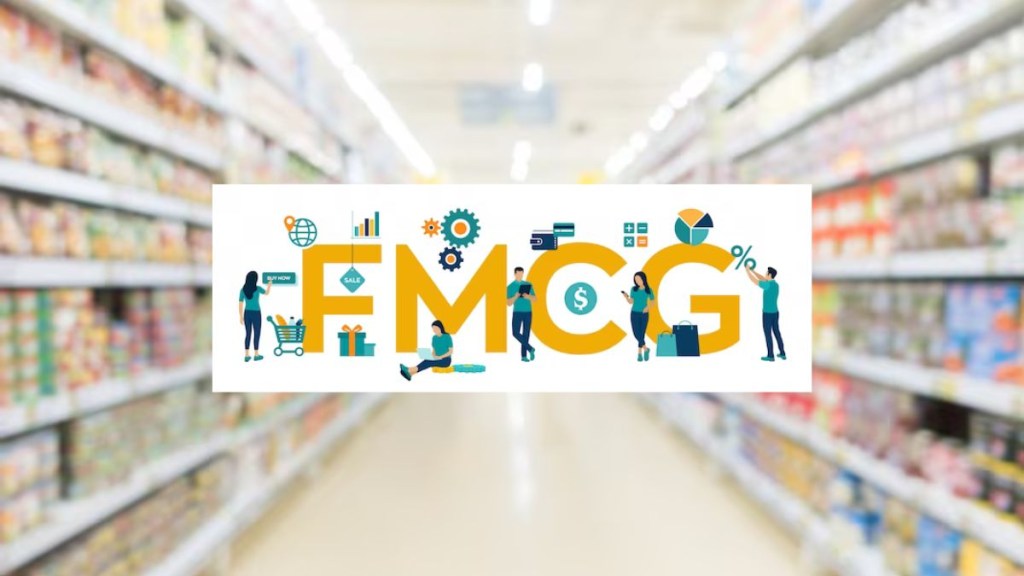From biscuits to crisps to shampoo, Fast Moving Consumer Goods (FMCG) category has always been the sector with high ad-spend anywhere in the region of Rs 8,000-10,000 crore, according to industry estimates. Interestingly, even as companies such as Hindustan Unilever, Dabur, ITC, among others have continued to spend on advertising, cumulative ad spends data (as per filings) of the top five to six companies suggest spends have plateaued. “FMCG companies are cautious about increasing their ad spending in an uncertain economic environment and the fact that sales for most brands have only now recovered to pre-2019 levels – the Covid period saw a decline or flat sales for many companies. In addition, the global economy has been facing several challenges in recent years, including rising inflation, supply chain disruptions, and the war in Ukraine. This has led to consumer uncertainty and a decline in spending in some categories,” Rajat Wahi, partner, Deloitte Consulting, India.
Digital versus traditional
It is believed that another reason for the lack of increase in ad spend is the shift to digital advertising. Digital advertising, where the costs have been steadily increasing, is still generally less expensive than traditional forms of advertising, such as television and print. This means that FMCG companies can maintain or even increase their advertising reach without spending more money. Interestingly, ITC, one of the leading FMCG companies, claims that digital has become an integral part of its marketing mix. “One of the key objectives of our advertising interventions and therefore deciding on the appropriate mix is to strengthen the equity of our brands. Our data-driven decision-making approach along with digital marketing initiatives have not only improved our ROI but also enhanced brand equity. Digital is now mainstream and is woven into all marketing initiatives that are undertaken by ITC,” Shuvadip Banerjee, chief digital marketing officer, ITC Ltd, said.
According to a report by Zenith Media, FMCG ad spending in India is expected to grow by 5.5% in 2023, to reach Rs 32,000 crore. However, this growth is expected to be driven by digital advertising, which is expected to grow by 15% in 2023. What this suggests is that FMCG companies are increasingly focusing on digital advertising to drive conversions. According to Wahi, these companies are investing more in digital advertising, social media marketing, and influencer marketing. “These firms are also using data analytics to better understand their customers and target their marketing campaigns more effectively,” he explained. Agreed, Banerjee, who goes on to say that performance marketing which half a decade back was not very significant, now plays a pivotal role in driving both sales and equity. “One of the major shifts that we witness is the growing role of owned assets, communities and creators in achieving the core objective of driving engagement with consumers,” he noted.
The consumer versus business
It is also believed that FMCG companies may be going through a course correction in advertising spending with margins getting under pressure. Add to that data-creating provisions to create targeted communication, have shifted the focus for these large companies to adopt digital transformation. “Today, the number of times a customer can be connected across channels, and the total cost of acquiring and retaining a customer has become the key matrix. Thus in this new world, steady ad spend may not necessarily mean a lack of focus on ads. Instead, this means far more understanding on which channel to spend for each product-customer mix,” Sreedhar Prasad, former consumer sector head at KPMG in India, explained.
To be sure, digital transformation is yet another area where FMCG companies have been investing in the last few years. What this has allowed these companies to do is create robust systems and it is also using digital technologies to create new products and services. For example, some companies are using artificial intelligence to develop personalised beauty products, while others are using blockchain to track the provenance of food products. Overall, FMCG companies are increasingly using digital transformation to improve their operations and deliver a better customer experience. And somewhere this is also a reason behind FMCG companies not upping ad spends.
Furthermore, it is believed that post Covid-19, the purchase pattern of consumers have changed. A report by Nielsen India found that consumers are now more likely to buy smaller packs of goods during periods of economic downturn or slowdown. The report found that the share of consumers buying smaller packs of goods increased from 29% in 2020 to 35% in 2022. As per ITC’s Banarjee, the pandemic has left behind some permanent shifts in consumption patterns like the growth in snacking and it is encouraging to witness volume-led growth that is driven by rural India and small towns.
Also, it is believed that the Indian consumer may also be more cautious about spending, and they are more likely to shop around for the best deals. For Harish Bijoor, founder, Harish Bijoor Consults – a brand consultant firm, we have just emerged from the hiatus years of Covid. “Brands and companies have been assessing consumer sentiment, and more importantly the important need to change existing creatives suited and fitted to the new consumer. 2023 and 2024 will be different,” he added.
As the market scenario continues to evolve, adding to that pressure on maintaining profitability, experts opine that FMCG companies may not up ad spends, but will surely spend the money to drive maximum return-on-investment (RoI). “There seems to be a course correction in advertising spends with margins getting under pressure in FMCG. The ROI on advertising and marketing is questioned more sharply and deployment of funds that are better channelised. I won’t be surprised if it remains flat or even dips a bit in the coming year,” Sanjeev Kotnala, brand and marketing consultant, Intradia World, said.
